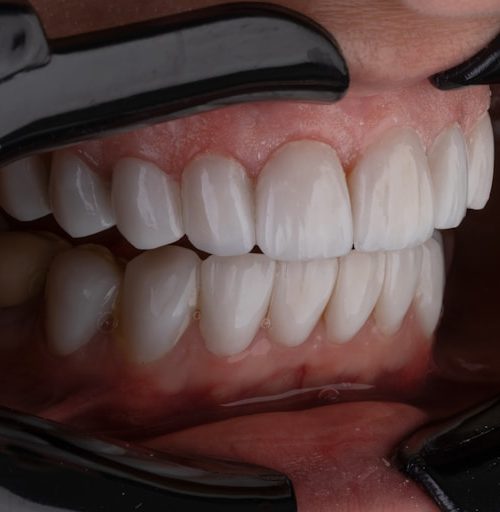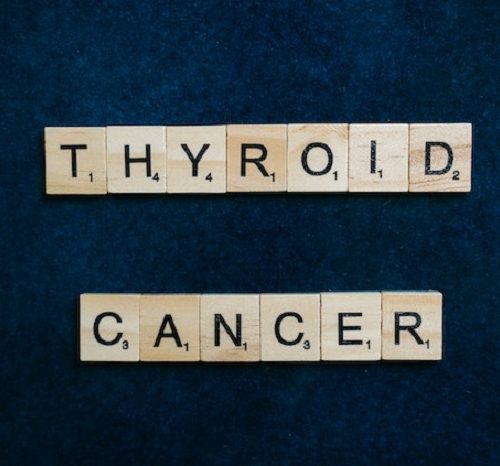Lipid-type profiles are tests that measure the levels of different fats in your blood. They’re essential because they can help show whether you have a higher risk of heart disease.
Your doctor may recommend the test if you have a family history of heart disease, if you’re a smoker, or if you have diabetes. If you currently have high cholesterol, your doctor may also recommend the test to see if you need treatment to lower your cholesterol levels.
A lipid profile test actively measures the levels of three different fats in your blood:
- Low-density lipoprotein (LDL) cholesterol – often popularly referred to as “bad” cholesterol, LDL cholesterol can essentially build up on the walls of your arteries and increase your risk for heart disease.
- High-density lipoprotein (HDL) cholesterol – often referred to as “good” cholesterol, HDL cholesterol helps remove LDL cholesterol from your arteries.
- Triglycerides – a type of fat that can also increase your risk for heart disease.
Why is it important to know your lipid levels?
High cholesterol is a significant risk factor for heart disease. So, if you have high cholesterol, it’s important to lower it and reduce your risk of heart disease.
High cholesterol often has no symptoms. That’s why lipid profile tests are necessary. They can help detect high cholesterol early on so you can make lifestyle changes or start taking medication to lower your cholesterol and reduce your risk of heart disease.
Who should have a lipid profile test?
Your doctor may essentially recommend that you have a test if you’re:
- Over age 20 and you have no significant risk factors for heart disease
- Over age 45
- A woman over age 55
- A man over age 40 with significant risk factors for heart disease, such as smoking, high blood pressure, diabetes, or a family history of early heart disease
How is a lipid profile test done?
The most common way is through a blood test. This involves taking a blood sample from a vein in the arm and typically sending it to a lab for analysis. Other methods include using special pads to collect cholesterol and triglyceride levels from the skin or collecting saliva or urine samples.
Kidney test cost in India
There is currently no definitive answer to how much a test costs in India, as the price can vary depending on the laboratory or hospital where the test is performed. However, kidney test cost typically cost between 1,500 and 3,000 rupees (approximately $21-42 USD).
As with any medical procedure, it is always best to consult a doctor or other healthcare professional to determine if a test is proper for you.
Conclusion
The test measures total cholesterol levels, low-density lipoprotein (LDL) cholesterol, high-density lipoprotein (HDL) cholesterol, and triglycerides. The test is used to help assess your risk of developing heart disease and can also be used to monitor cholesterol-lowering treatments.
Several medical conditions may increase your risk of developing heart disease and thus warrant a test. These include diabetes, high blood pressure, a family history of heart disease, smoking, and being overweight or obese. If you currently have any of these risk factors, you must talk to your doctor about whether or not you should have a test.
If you have high cholesterol, you must talk to your doctor about ways to lower it. You can make many lifestyle changes, such as eating a healthy diet and exercising regularly, to help reduce your cholesterol levels.






